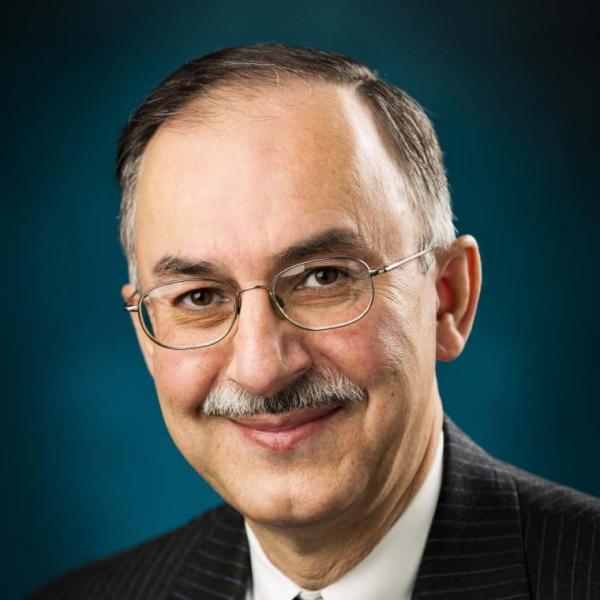
The royal treatment: Understanding preventative chemotherapy
Last month Kate Middleton, England’s Princess of Wale, shocked the world when she announced she had cancer. While the public digested this news, the princess said she was undergoing “preventative chemotherapy” as part of her treatment.
For many of us, the term preventative chemotherapy is confusing. Chemotherapy is a treatment for a disease, not medication to prevent cancer, right? And if surgery removed all traces of the cancer, why would a patient need to go through chemotherapy?
What is preventative chemotherapy?
Preventative chemotherapy doesn’t prevent you from getting cancer. In medical terms, preventative chemotherapy is more accurately called adjuvant chemotherapy.
Adjuvant chemotherapy is used to kill any remaining microscopic cancer cells that may remain after surgery, and to eliminate any cancerous cells that might have spread to other parts of the body.
Adjuvant chemotherapy is used when all visible traces of cancer were removed during surgery. It’s done to ensure that all the cancerous cells are indeed dead. Doctors have a wide variety of chemotherapy drugs that they can use for adjuvant chemotherapy. Sometimes they’re given at lower doses than those used to treat cancer, but usually the dosage is the same. Most courses of adjuvant chemotherapy last at least three months.
When is preventative chemotherapy used?
Many factors determine whether adjuvant chemotherapy is suggested to a patient. One of the most important is the stage of the cancer. Usually, adjuvant chemotherapy is recommended when the cancer is at a later stage, and the risk of reoccurrence is higher. Doctors also might suggest adjuvant chemotherapy as additional insurance against reoccurrence, especially when the patient is younger.
What types of cancer respond to preventative chemotherapy?
Adjuvant chemotherapy is most often utilized in treating patients with breast, colon or lung cancer. However, studies are continually being done to see how this method of treatment works on other types of cancers.
How effective is it?
Depending on the type of cancer, adjuvant chemotherapy can be a very effective strategy. Studies show that three to six months of the additional treatment significantly reduces the chance of the cancer returning.
Can anything prevent cancer?
While chemotherapy doesn’t prevent cancer in someone who doesn’t have cancer, there are things you can do to reduce your risk of ever developing the disease. Eating a healthy diet, exercising, maintaining an appropriate weight and not smoking are lifestyle factors that you can control to reduce your risks. For people with a genetically high risk of developing breast cancer, drugs like tamoxifen or raloxifene can be considered, as well as a preventative mastectomy. Recent studies also show that the hair loss drug finasteride can lower a man’s risk of developing prostate cancer.
Are you struggling with a cancer diagnosis?
If you or someone you love is struggling with a cancer diagnosis, we can help. Our Simmons Cancer Institute is the premier cancer care center in the region. Our doctors can help determine if adjuvant chemotherapy is right for you. You are not in this alone.




